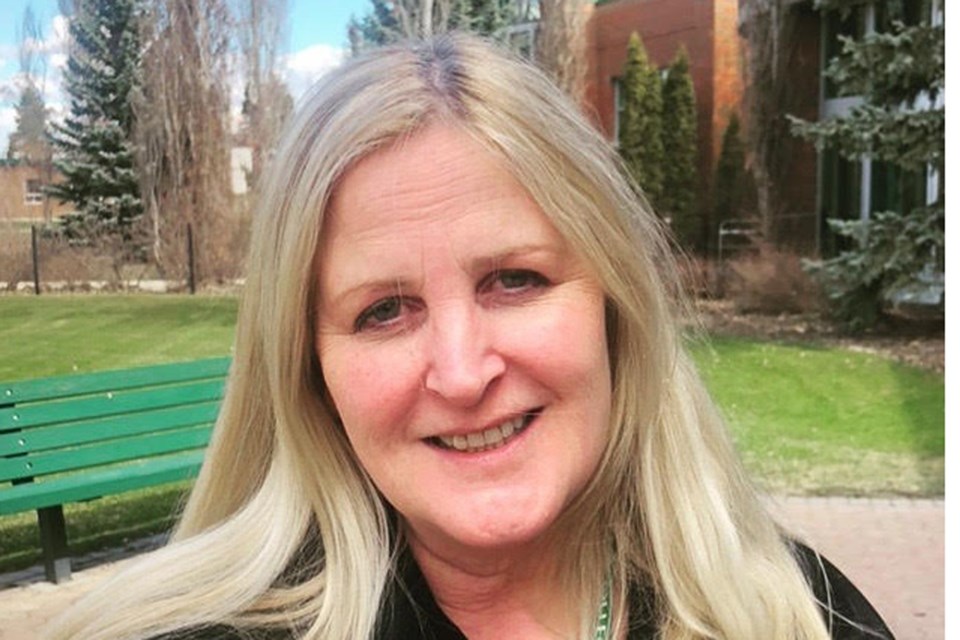OLDS — Olds & District Chamber of Commerce president Clare Janitz is happy about one aspect of the recently announced provincial budget: it didn’t any new taxes or tax increases -- or a provincial sales tax.
Alberta remains the lone Canadian province that does not have a provincial sales tax.
Some economists have said it may be time to look at implementing a provincial sales tax in order to bring in much-needed revenue.
That revenue has fallen sharply due to the fact that oil and gas revenues have plummeted over the past seven years or so. At the same time, the pandemic is forcing the government to spend lots of extra money on health care.
Janitz doesn't want to see a provincial sales tax.
“Once we go down that road there is no turning back,” Janitz wrote in an email.
She didn’t see anything in the budget specifically targeted to small businesses, but she noted the government has earmarked $3.1 billion for recovery from the economic downturn and COVID-19 pandemic.
“With no new taxes or sales tax (thank God) we really can't move forward until businesses can reopen and the financial support for that is key,” she wrote.
Finance Minister Travis Toews told reporters to expect details soon on Alberta Jobs Now, a program to help unemployed people train or retrain for sectors in the economy that need workers.
Janitz was asked if that program could help the Olds economy.
“It will not have an immediate effect, but it’s important to keep retraining and job growth a priority for the future success of Olds,” she wrote.
As part of that recovery, the government plans to pump an extra $22 million into the tourism industry to help it recover from losses stemming from COVID-19 restrictions.
It plans to provide $66 million over the next three years toward that sector as part of a plan to double tourism revenues by 2030.
Janitz was asked if she believes Olds would benefit from that plan.
“I do believe that Olds could benefit from tourism: agriculture tourism, Indigenous tourism, culinary tourism,” she wrote.
“Olds has a lot to offer, so we need to take advantage of that funding and become a unique destination.”
Primarily as a result of low oil prices and health care spending to battle the COVID-19 pandemic, the government projects an $18.2-billion deficit.
That deficit is expected to balloon to $20.2-billion in 2020-21, then shrink to $18.2 billion in 2021-22, and fall to $8 billion by 2023-24.
As result of all the spending, Alberta’s taxpayer-supported debt is expected to hit $115 billion in 2021-22, up from $98.3 billion forecast for 2020-21.
Interest on the debt is now close to $3 billion.
Janitz admitted she finds the projected deficit and debt to be “alarming.”
However, she said it’s “to be expected with the loss of oil-gas revenues, added to the additional health care costs from the pandemic and financial aid grants for businesses affected by COVID restrictions.”



